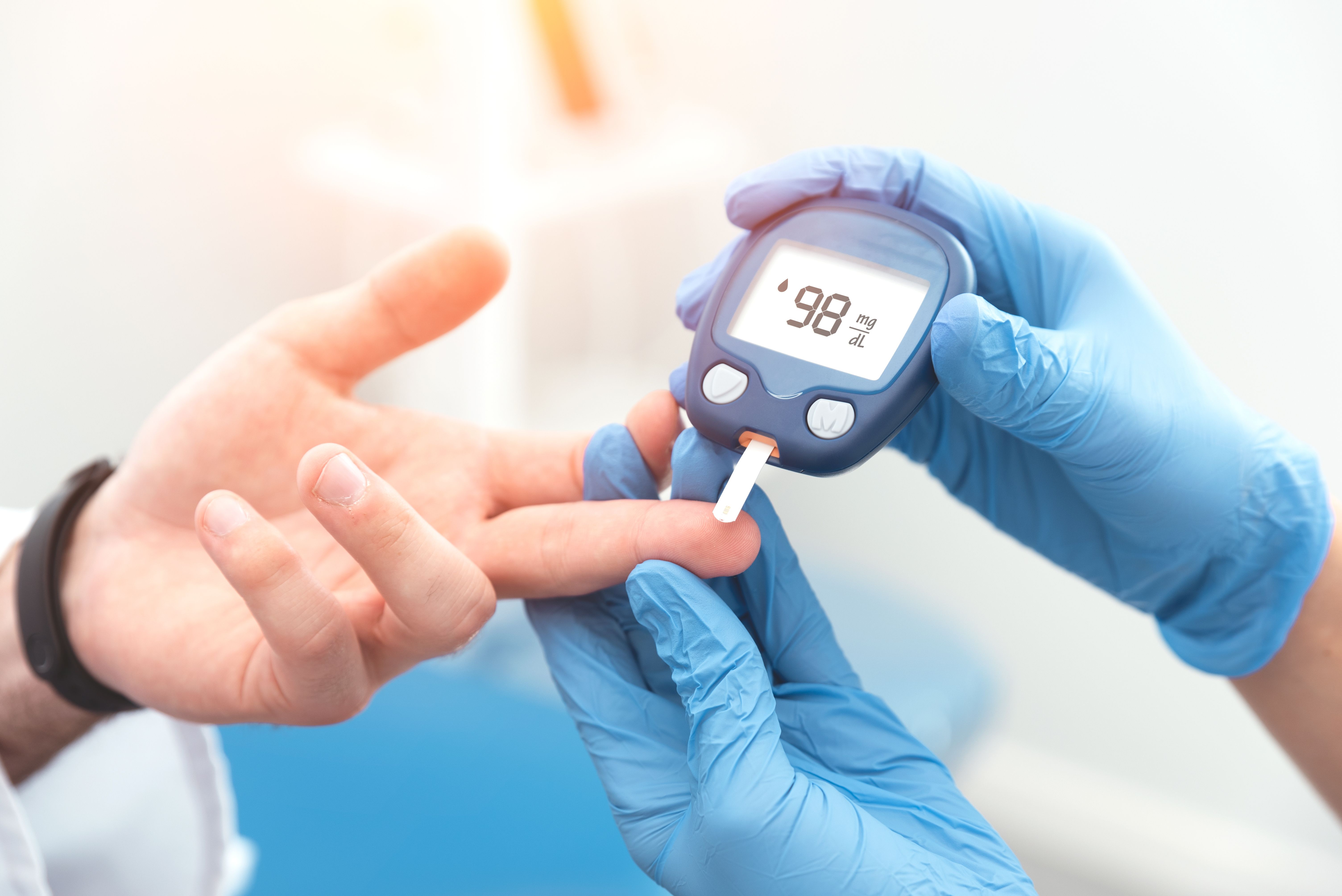
Type 1 Diabetes
Latest News
Latest Videos

CME Content
More News


A certified diabetes educator comments on the some of the available resources for patients, their families, and school staff surrounding the management of diabetes in a school setting.

Investigators found minimal difference between breastfeeding rates less than 1 week postpartum of women who had diabetes pre-pregnancy, gestational diabetes only, and no history of diabetes.

An expert in diabetes education reviews the signs and symptoms of hypoglycemia and reviews the importance of having school staff members knowledgeable in their presentation.

Amy Hess-Fischl, MS, RD, LDN, BC-ADM, CDCES provide insight into the challenges inherent to the management of pediatric patients with diabetes, highlighting school related considerations.


Despite increasing the rate of diagnoses and healthcare utilization, the GEMS study found a lower glycemic criterion for diagnosis of gestational diabetes was not associated with a reduced risk of negative outcomes for mother and offspring.

Using electronic medical record data from 2018-2020 obtained from 24 medical centers across the US, including Johns Hopkins, University of Colorado, and Mayo Clinic institutions, a new study suggests rates of youth onset type 2 diabetes increased 77% during the first year of the pandemic.
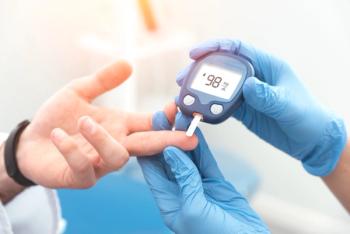
Data from the US Department of Health and Human Services has shown an increase in GDM rate from 2016 to 2020, with a greater increase observed from 2019 to 2020.

New research indicates dulaglutide is effective in improving glycemic control in pediatric patients with diabetes.
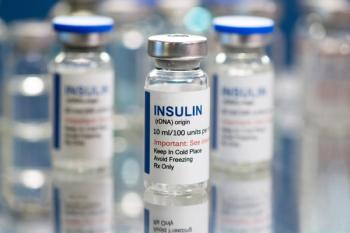
New research suggests adolescent obesity could increase risk of type 1 diabetes in young adulthood.
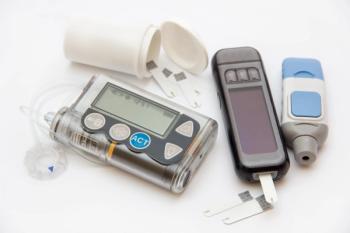
An analysis of the SEARCH for Youth in Diabetes details historic and contemporary disparities in insulin pump use for pediatric type 1 diabetes based on racial/ethnic background, household income, and insurance type.

At the 2022 American College of Obstetricians and Gynecologists Annual Clinical & Scientific Meeting, 4 health care professionals spoke of disease states in both women and children caused by climate change, and what HCPs can do to mitigate this crisis.

At the 2022 Pediatric Academic Societies meeting, Carol Duh-Leong, MD, MPP led a discussion on the prenatal risk factors for high birthweight.

Gestational diabetes is a fairly common pregnancy complication. A new study looks into how it can impact a child's future health.

An investigation looks into how the incidence of type 1 diabetes changed during the first year of the COVID-19 pandemic.

Diabetic kidney disease is a major cause of end-stage kidney failure. Does acute kidney injury during diabetic ketoacidosis in children with type 1 diabetes increase the risk of future kidney disease?

With both type 1 and type 2 diabetes on the rise in children, it’s important to understand the factors that can lead to the development of diabetic retinopathy.

The US Food and Drug Administration (FDA) has approved the AstraZeneca once-weekly injectable therapy for use in children aged 10 to 17 years.

Educating families to alleviate fear in pediatric populations regarding the flu vaccine will improve the vaccination rate and protect high-risk children. Due to the negative effects of the flu in children with diabetes, it is vital that at-risk youth be vaccinated.

A session at the virtual Scientific Sessions for the American Diabetes Association offered some best practices for the diagnosis and treatment of hypoglycemia.
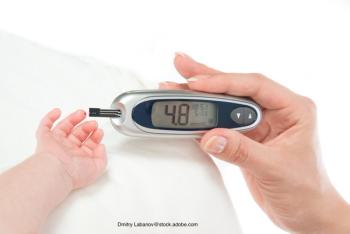
A session at the virtual Scientific Sessions for the American Diabetes Association examined the potential long-term outcomes for a child who experiences neonatal hypoglycemia.

A study presented during a poster session at the American Diabetes Association Virtual 81st Scientific Sessions evaluated performance, safety, and satisfaction of an extended-wear insulin infusion set in patients with type 1 diabetes.

At the virtual Scientific Sessions for the American Diabetes Association, the future of treatment for type 2 diabetes is discussed.

A session at the virtual Scientific Sessions for the American Diabetes Association examines the role food insecurity may play in glycemic control and acute complication among type 2 diabetes patients.




